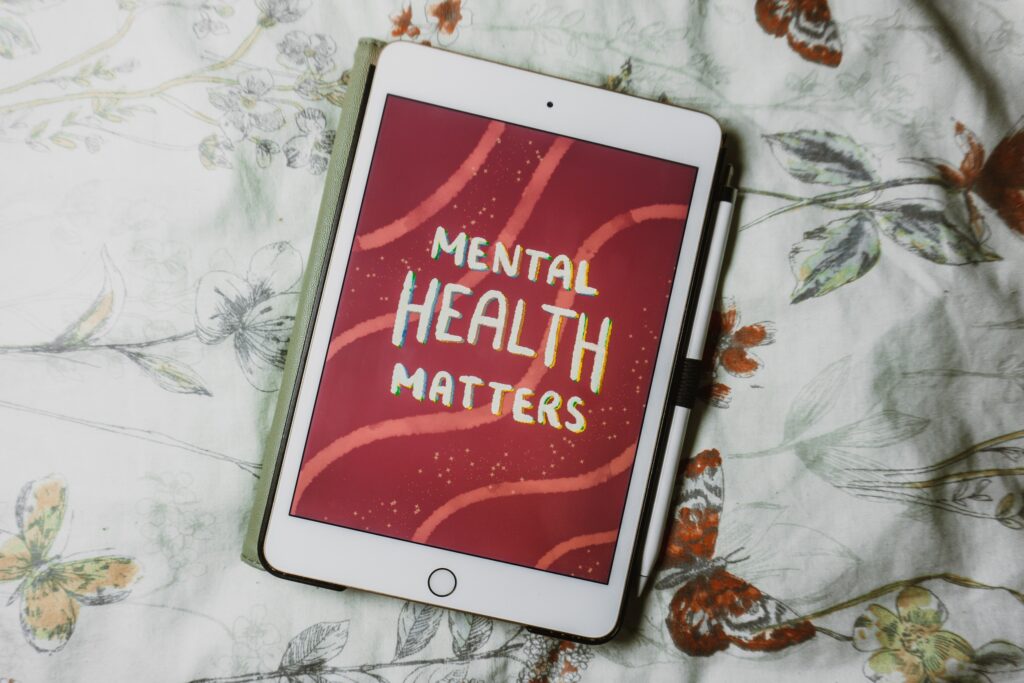
You know that feeling when you just can’t muster the strength to look after all of the day-to-day tasks when it comes to managing your diabetes? Diabetes is a health condition that requires careful management. Every day, without any breaks or days off. In order to keep well, you have to do tasks to manage your diabetes. These tasks include taking your diabetes medicine. Sometimes this involves injecting insulin multiple times a day. You can’t be bothered to test your blood sugars AGAIN, and when you do, the numbers scream at you. Too high… too low! Rarely just right. You may feel worn out and worn down, confused or anxious. Your motivation to keep a routine going to manage your diabetes is low. You perceive your diabetes routine is overwhelming or stressful. These are all warning signs that you may be burning out.
Maybe you’re getting signs that diabetes is affecting your body. Are your feet hurting? Has the optometrist told you that your eyesight is being affected? Have you had a recent blood test and the doctor told you that your kidney function is getting worse? Fear of diabetes complications can affect how dedicated you are to your diabetes routine. Why should you bother now that you’re getting complications from your diabetes? If you feel like this then you may be overly stressed by your health condition.
Feeling like this is called diabetes distress, or diabetes burnout. It is more common than you think.
Research has looked into this phenomenon closely and found that people living with a chronic health condition, like diabetes, are 3 times more likely to suffer diabetes distress. Up to 30% of people living with diabetes will experience diabetes burnout, and often multiple times in their lifetime!
A chronic condition is classed as a health condition that lasts longer than 6 months. With diabetes, you don’t get a day off, you don’t get a break and if you don’t look after yourself, you become really unwell. It’s exhausting and never ending so it’s not surprising that diabetes burnout happens.

So how can you look after yourself when it happens?
If you have a partner or family, speak to them about your feelings. If they can help you get on top of your diabetes routine, that’s great! Speak up and get supported.
It is also important to seek medical advice to help you if you suffer from diabetes burnout. Your GP can refer you to counselling if you need it however at the very least you should allow yourself to feel tired and recognise that it’s a tough gig. There are help lines such as Lifeline and Black Dog and on-line support groups that you can link into. Recognising that you may benefit from strategies to get on top of your feelings is the first step to reducing the levels of overwhelm or anxiety. Perhaps professional mental health support will give you the guidance to be able to create a sustainable diabetes routine.
Diabetes support groups are a way to talk to other people who live with diabetes. They may give you advice on issues that you may have and offer practical solutions. But a word of caution. Everyone’s diabetes affects them differently and one person’s routine may not be suitable for you. Of course, take advice if it is relevant to you but if in doubt, talk to your GP or diabetes educator.
A diabetes educator may be able to advise you on alternatives to testing your blood glucose levels. Technology has improved blood glucose testing and changes occur often. Are you taking advantage of the latest in diabetes management? If you haven’t had an appointment with a diabetes educator for a year or more, it may be time to have a review to see if there are improvements that can assist you with your day-to-day diabetes routine. Government funding for diabetes technology changes regularly too and there may be categories that you now fall into that benefit you.
A diabetes educator can also look at your diabetes routine to see if there are changes that you can make to assist you. Sometimes small changes make big differences. Sometimes you need someone to help you to get back on track and who wants to see you live well with diabetes.
Both your doctor and a diabetes educator can give you the tools to slow down or prevent diabetes complications. By attending regular appointments and letting your health care team help you, you stay in control. It may mean that for a short while, you have lots of medical appointments but at the end of the journey, you have the support and strategies to live well and even thrive with diabetes.
Just remember that you are doing a great job. Look after your mental health and it’s never too late to get on top of your diabetes routine! If you need to, reach out and get help. Diabetes burnout may turn out to be only a slight speed bump in your diabetes journey.

